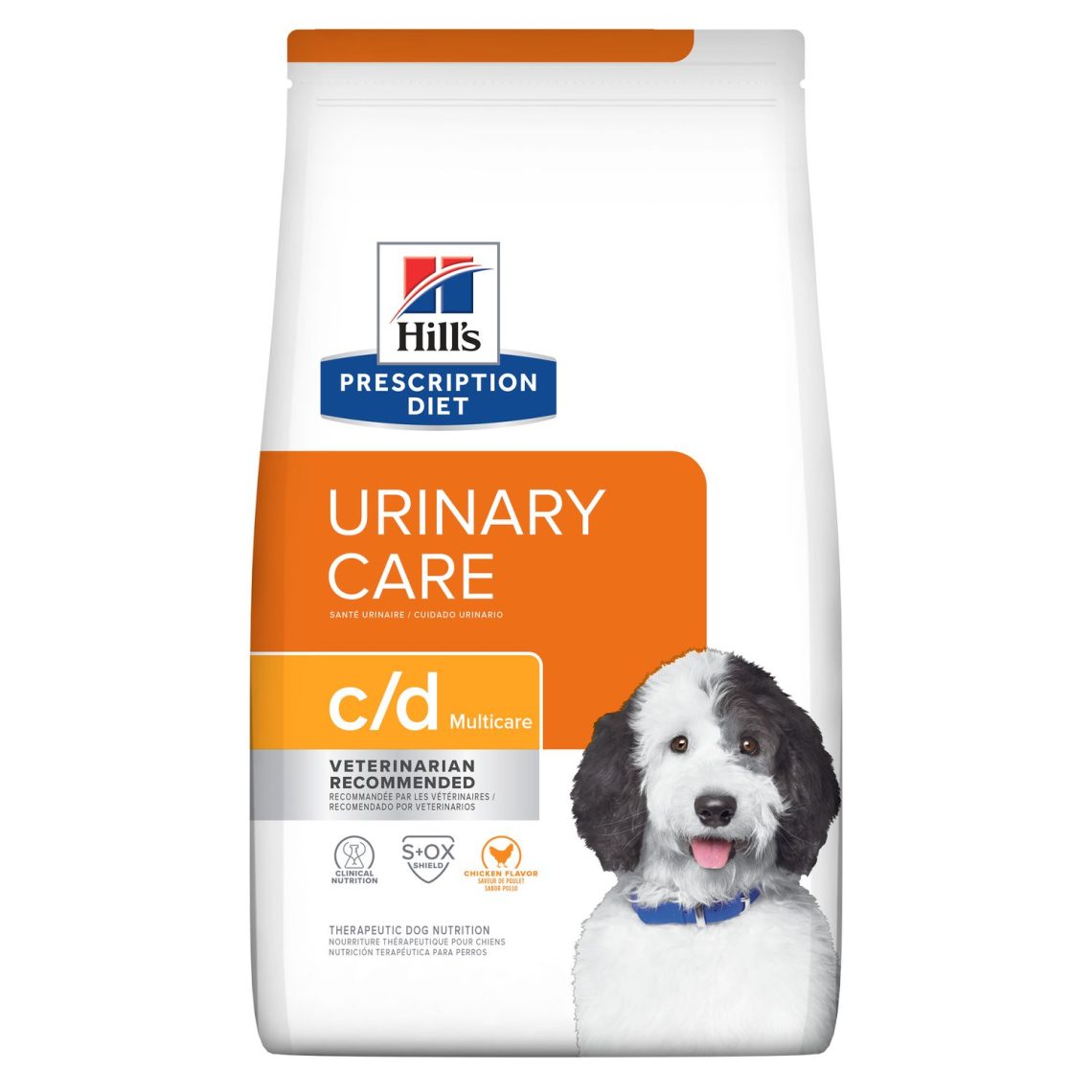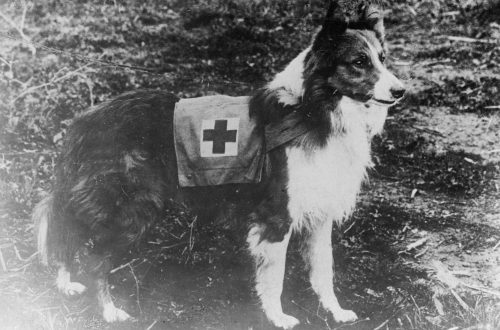
Dog food: science in every granule
Healthy animals are happy animals. If you’ve ever wondered what dog food is made of, you’ve probably ended up choosing the highest quality food for your four-legged friend to spend many long, bright years together.
Nutrition, including a balanced amount of proteins, carbohydrates, fats, oils and essential vitamins and minerals, is the key to health for both humans and dogs. But, unlike their owners, dogs cannot choose a variety of fruits, vegetables, meats and grains every day. Instead, dogs usually eat the same thing every day, so it’s important to choose a diet that uses scientific research to determine the exact balance of nutrients. It is also important to understand that these needs vary depending on your pet’s age group, size, or special needs.

Satisfying Your Dog’s Needs
Because every dog is different, it’s important to feed your dog food that’s specifically formulated to meet his needs. For example, a puppy needs food that is richer in calories and contains more fat and protein than food for adult and older dogs. Since they grow quickly, they need a high-calorie, balanced diet.
Large breed dogs are more likely to develop arthritis than medium and small breed dogs. Feeds such as
Hill’s Science Plan Adult Large Breed Dog Food, which contains joint-healthy glucosamine and chondroitin sulfate, helps meet the needs of large dogs who are more likely to experience mobility issues as they age.
Dogs with sensitive skin may feel better if you, in consultation with your veterinarian, switch your dog to a therapeutic diet fortified with omega-3 and omega-6 fatty acids, vitamin E, and other nutrients that are specifically formulated to reduce skin irritation. Together, they contribute to healthy skin and a shiny coat. Be sure to ask your veterinarian if a therapeutic food is right for your dog if he suffers from overweight, skin sensitivity, limited mobility and other diseases. Learn more about Hill’s Prescription Diet here.
Creating the Perfect Formula
So how do companies decide what to make dog food out of? When it comes to formulating the right nutrition for your dog, quality food companies rely on evidence-based scientific research. High quality ingredients and the right balance of nutrients derived from these ingredients are important parts of the formula. Hill’s relies on the input of over 200 veterinarians, nutritionists and food scientists to develop products that meet the nutritional needs of animals of all ages and sizes, including dogs with special needs. All Hill’s products are carefully researched, tested and checked for quality and safety standards before reaching the store shelves.
As a dog owner, you may never have given much thought to the taste, size, and texture of your pet’s food, but all of these factors and more are important to researchers as they look for ways to improve nutrition to meet standards that promote dog health and longevity. Pet food research looks at:
- High quality ingredients. You may notice that the ingredients that make up the feed are similar to those that are stored in your refrigerator. For example, salmon, chicken, whole grain wheat, apples, broccoli and green peas. Manufacturers who are interested in providing high quality dog food use quality ingredients, many of which you will be familiar with. In addition, quality dog food companies only use ingredients from suppliers whose equipment meets strict quality standards. Be sure to check with your veterinarian if you have concerns about any of the ingredients in your pet’s food, and they will help you make the best nutritional decision for your pet. Don’t automatically discard a product because you’ve heard that the ingredients are not suitable for dogs. Many people think that grains are bad for dogs and are often used as a source of protein in poor quality foods, but they are actually a great source of carbohydrates that provide energy for your dog to play and exercise, and help balance the amino acid profile of their food.
- Food. Is the composition of the feed selected correctly, does it meet the needs of the pet? For example, dogs need minerals. Minerals are essential for many important processes: bone and cartilage formation, control of nerve and muscle function, hormone production, regulation of fluid balance and oxygen transport in the blood. However, an excess of minerals can cause very serious problems for the animal. For example, calcium plays a vital role in pet nutrition, strengthening bones and helping them grow properly. At the same time, an excess of calcium can lead to diseases of the bones and joints, especially in puppies of large breeds. The right balance of ingredients is vital to your dog’s health, just as the right amount of food is important to your own health.
- Taste. In dogs, just like in humans, the sense of taste depends on taste buds. But they have six times fewer taste buds than humans. But the scent of dogs is much better than that of their owners. This is why smell is much more important to animals than taste. Therefore, the dog may turn away from food if he does not like the way it smells. Some dogs are very picky about food. Researchers and nutritionists are trying to develop food that will appeal to a wide variety of pets.
- The size. How much effort does a dog need to make to chew on a food pellet? Does the density of the granule correspond to this age category? You don’t want an older dog with worn and weak teeth chewing the same food as a young dog with sharp teeth? The size of the kibble is also important, as small dogs will have trouble chewing large pieces, and large dogs will have trouble swallowing small pieces without chewing them at all. But it is always possible to find suitable pellets, the size of which suits the needs of your pet.
- Texture. Since you don’t eat this type of food, you may not realize how important texture is to your dog. But think about how important the texture of the food you eat is. Maybe you like pasta that’s not overcooked. Or maybe you don’t like peaches because of the fluffy skin. The texture of the food can be especially important if the dog is a picky eater. Researchers look at the hardness, smoothness, viscosity, and elasticity of food, all of which influence an animal’s desire to eat the food.
- Digestion. Food must be easy to digest so that the dog receives the necessary nutrients. In addition, it is important for the owners that the pet does not become ill from food, for example, indigestion does not happen. Easily digestible food is essential for a dog’s health and comfort.
You need to understand the vital role that nutrients play, as the food you choose can change your pet’s life and give both of you many happy years together. Just like you choose delicious and healthy food for yourself, choose dog food that will make your pet happy and feel great. You should give preference to dog food manufacturers who put time and passion into their products, as well as conduct research and testing. Their willingness to put in the time and effort into food production shows how passionate they are about what they do and proves that they want to create the best food for your dog.





